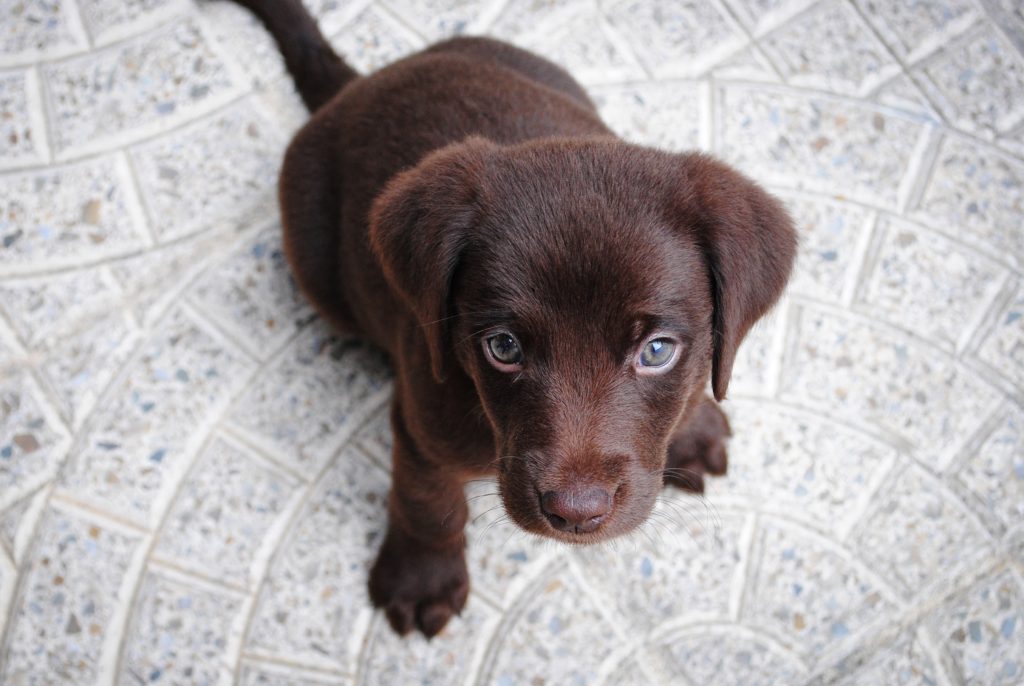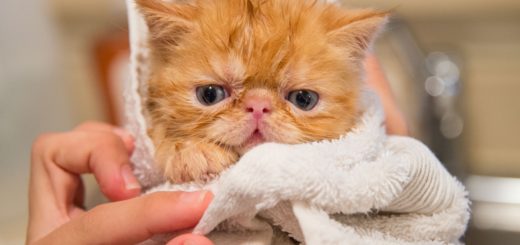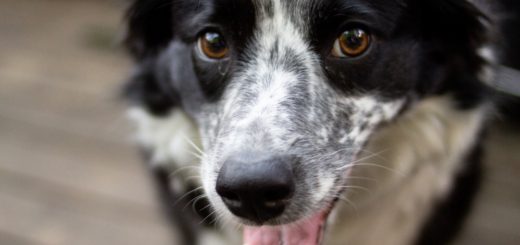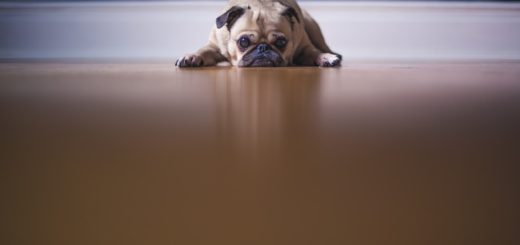Help! My Puppy Won’t Stop Peeing Inside

Whether you’ve followed all the housetraining advice you can find, you were told your new friend was already housetrained, or you’re just starting out on the wrong foot, these common housetraining mistakes could be why your dog keeps having to pee inside.
1. You Haven’t Tried Crate Training
Some people are hesitant to crate train their puppy or newly adopted adult dog because they’ve heard crate training is cruel, don’t know what crate training is, or just the name “crate training” turns them off the method. There is a lot of misconceptions about crate training and what it entails, and it does have a bit of an off putting name.
Not only is crate training not cruel, it is a highly effective and positive experience for both you and your dog. Done properly, you will learn how dogs learn, how they make associations with peoples, places, and behavior and they will learn where and when to pee, how to be alone without crying, and reduce potential separation anxiety issues in the future
Crate training is not overly difficult but it does require effort. Our guide will walk you through the steps to properly crate train your dog, with no cruelty, no negative emotions, and lots of treats.
2. You’re Not Taking Him Outside for Long Enough
Puppies are excited little guys, who also don’t have full control of their still developing bladders. When you take him outside all of his instincts are telling him to run around, sniff things, eat things, chew on things, and pee on things.
Like a hyperactive child, your puppy isn’t good at doing one thing for a long time – so he’ll pee a little bit if he needs to, then it’s off to sniff that stump over there, chew this stick, and run around in the grass – but only if you’ve been outside long enough for him to do all that. If you whisk your puppy back inside after his first pee, he won’t have a chance for anything else!
Quite often your puppy will pee multiple times when you take her out – she just needs to do some exploring and other important puppy stuff first. So give her some time – no one rushes you when you’re on your phone in the bathroom, right? 🙂
Make sure you give a treat every time your dog eliminates and dole out some much deserved praise. Remember, positive associations with positive behaviors are much more effective than negative associations with negative behaviors.
3. You’re Not Taking Him Outside Enough
As I mentioned above, your new puppy may not have full control of his bladder yet. Remember, just a couple months ago he was still inside his mother so he still has some developing to do.
Some basic guidelines on how long a puppy can hold their bladder are listed below.
- 2 months old – 3 hours
- 3 months old – 4 hours
- 4 months old – 5 hours
The numbers listed here are the absolute maximum you should allow your dog to go without being taken outside to eliminate. You should really aim for one hour less than what is listed.
You may be thinking that that seems excessive. Well, it’s not, and by not taking your dog out regularly you’re hurting your dog and yourself. He’s not going to clean your carpet – you are. He’s just going to suffer the shame of disappointing you and of trying to hold it when he can’t.
4. You’re Not Taking Him To The Same Spot
While puppies do love exploring and love going to new places, they also like feeling comfortable. Much like how crate training works, your dog will make associations with certain areas.
If you take your dog to the same park, field, etc and give a “Go pee” command, and reward with praise and treats, he will soon understand that this specific field or park is where he eliminates and gets treats. After a while, your dog will know why you’re there, run off into the field to eliminate, and come bounding back for his treats.
It’s a win for both of you. You get to stop cleaning up after your pup, and he gets treats for eliminating.
This list of common house training mistakes should get you on the right path to a clean floor at home.
As an Amazon Associate I earn from qualifying purchases.



